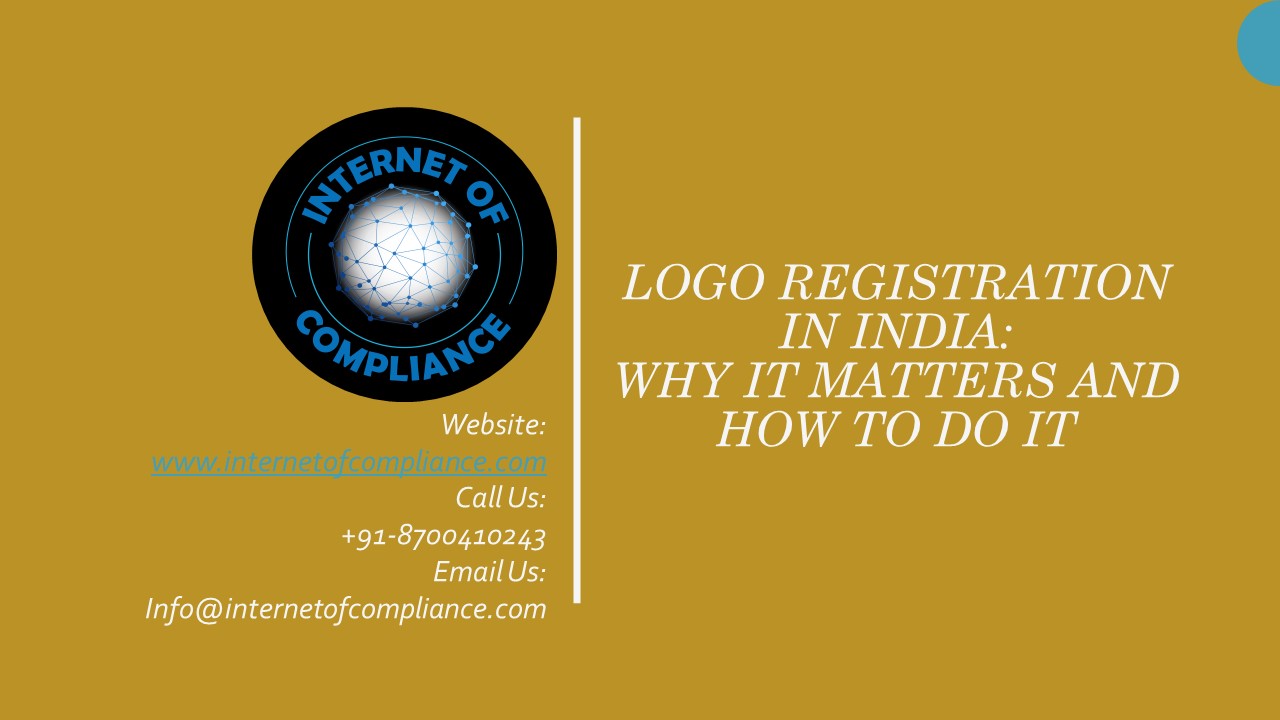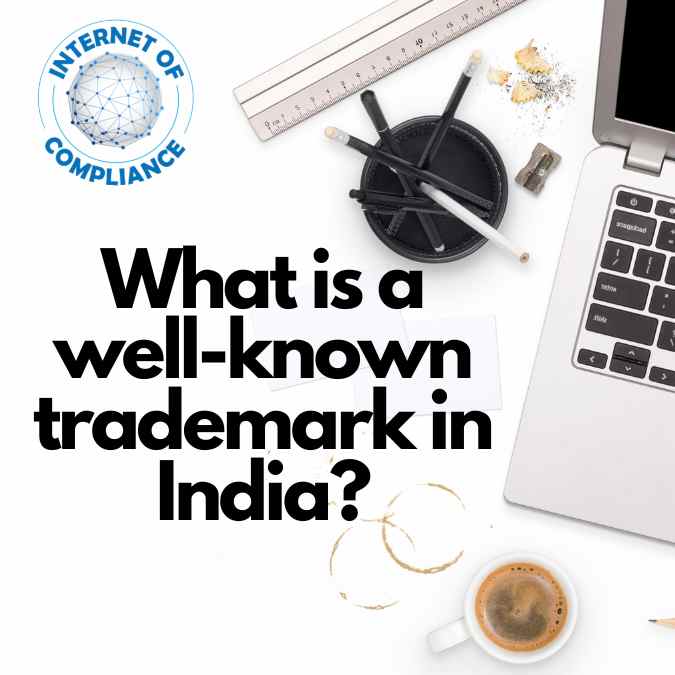A trademark is a symbol or sign which is capable of distinguishing the goods or services of one Business from those of others. In simple worlds, the term Trademark includes Word, Phrase, Symbol, Device (i.e. logo), Colour, Shape of Goods, Sound Mark, Three Dimension,
Trademark objection is a preliminary stage in the Trademark Registration process.
After the trademark examiners conduct the examination, they issue a report as to whether the trademark is accepted or list out the objections why the trademark registration is objected. All the objections along with their relevant trademark provisions are mentioned in Trademark Examination Report. This doesn’t mean that the application is refused, the examiner seeks the applicant’s reply for the objections raised.
When the objection is received, the applicant needs to file a comprehensive objection reply within a month or in the prescribed time period.
Reasons for Trademark Objections
Upon receipt of the trademark application, the trademark examiner scrutinizes the application for its correctness. Objections can be raised for the following reasons:
- Incorrect applicant name
Examiner double-checks the correctness of the applicant’s name; the name must be same as what is provided in PAN. Hence, it is advised to cross-check the spelling of the name.
- Usage of deceptive words
If trademark used is deceptive in nature or uses any misleading term that gives a false description about the product then it shall be objected.
- Offensive terms
Trademark should not contain any offensive term which can lead to the rejection of the trademark
- Insufficient information on goods or services
When the trademark application fails to mention necessary information, the trademark examiner may object the application based on such grounds.
- Similar logo already registered
If the proposed trademark is identical with an already registered logo, the examiner shall raise the objection because it can create confusion.
Types of Trademark Objections that can be raised by the Examiner are:
Absolute Grounds of Objection: Section 9 of the Trademark Act, 1999 provides terms for the absolute grounds for objection of a trademark. A trademark registration is objected under this category if the trademark is:
Section 9(1)(a): Devoid of any distinctive character.:
The Trademark distinguishes the goods of one manufacturer from that of the other, but a trademark which is not capable of distinguishing the goods from others, is called Devoid of Distinct.
Trademarks consisting of one or two letters or numbers are generally regarded as “devoid of distinctive character” for goods
How to respond to the Trademark OBJECTION of Section 9(1)(a)
The reply must contain proof that the trademark has a character which is unique and distinct,
Another way to overcome the objection under class 9(1)(a) is to prove the usage of the mark and proving Trademark gets significance in General Public
Section 9(1)(b): Consists exclusively of the trademarks which may serve in the trade to designate the kind, quality, quantity, intended purpose, values, geographical origins or the time of productions of the foods or rendering of the service or other characteristics of the goods or services.
A trademark that serves to designate the kind, type, quality, quantity, purpose, or geographic origin, shall not be registered as a Trademark.
How to respond to the Trademark OBJECTION of Section 9(1)(b)
It can be replied by stating that the Applicant’s trademark can be distinguished from the goods and services it stands for.
The Applicant’s trademark should have acquired distinctiveness due to its extensive use in relation to the goods it stands for by a long time before the application was even made.
Relative Grounds of Objection: The relative grounds for objection of a trademark are provided under Section 11 of the Trademark Act, 1999. A trademark is objected for registration under this category if the trademark is:
Section 11(1)
Similar to an earlier trademark for the similar kind of goods/ services. A trademark which is similar to an earlier trademark or the identity or similarity of the goods or services covered by the trade mark, there exists a likelihood of confusion on the part of the public, because of the likelihood of association with the earlier trade mark.
Case law: Adidas Vs Adimas
Section 11(2)
Similar or identical to an earlier trademark in respect of different goods/ services.
Case law: Eleven Steps Vs. 11 Steps
How to respond to the Trademark OBJECTION of Section 11 Section 11(1) and Section 11(2)?
Honest and Concurrent usage would be the best way to defend against this objection of the application for registration
Prove that the goods or service is not identical to that the trademarks shown in the objection report.
The reply to trademark objection is known as trademark examination reply or response to office action. This reply has to be filed within 30 days from the receipt of the trademark examination report. Failing to reply will result in the trademark application to be treated as abandoned by the Trademark Registry. However, the time period for filing reply can be extended on payment of prescribed fee.
The cost of Extension of time to file trademark objection fees in India is as follows:
For physically filing (non-online route)- INR 1,000
For online filing or e-filing – INR 900
How to Respond to Objection Raised against Trademark Registration
Once the objection is received, the applicant needs to follow the following steps to respond to the objections:
• Receipt of Trademark Objection
Once the objection is received, the applicant needs to analyze and study the objections carefully so that there is no room for ambiguity. It is essential to completely read the notification and understand comprehend the trademark office’s objections.
• Objection reply
Next the applicant needs to file a counter statement to the objection raised. Proper answer with supporting documents needs to be drafted, such as
• An affidavit stating the usage of trademark
• Advertisement in the media
• Proof of availability of trademark online
Sending the trademark reply requires the special skill & knowledge and hence should be given to the respective expert like lawyers, attorneys etc.
Reply along with supporting documents can be filed on Trademark e-filing portal online or response to objections can be offered by you or your authorized agent, as a ‘Reply to Examination Report’ mail. The response to office objections can be submitted by sending the scan copy (in color pdf file format) of the Reply to Examination Report, at parm.tmr@nic.in.
Offline trademark objections reply can also be presented at the head office/appropriate office of the Trademarks Registry, personally or by post. Additionally, any affidavit and supporting documents may also be sent along with the reply.
Documents For Filing Trademark Objection Reply
While you prepare a trademark objection response to submit to the Trademark Registrar, the following essential papers should be included in your response:
• Reply to examination report: The response to the objection should be given in the written answer to the trademark objection notice. Your response should include a thorough justification of how and why your trademark differs from any existing registered or pending trademarks.
• Evidence of Prior Use: If your trademark has been used before the application date, provide the proof of that use. Invoices, product labels, promotional materials, and any other paperwork that can help you make your claim of earlier use are examples of this.
• Proof of Distinctiveness: You must prove that your trademark is distinctive of others and has made an additional significance in the eyes of consumers. This may contain documentation of sales data, advertising costs, and media coverage.
• Search Report: Before submitting a counter-statement, it is a good to search for comparable trademarks. It will help you find any potential conflicts and then address them in your counter-statement.
• Power of Attorney: If you are working with a trademark lawyer or IPR attorney, you must give them a Power of Attorney, allowing them to represent you.
It is important to note that depending on the type of objection and the jurisdiction in which it is to be filed, different documents may be needed. For the purpose of ensuring that your response to a trademark objection is thorough and convincing, it is always advised to seek legal counsel from a trademark attorney.



